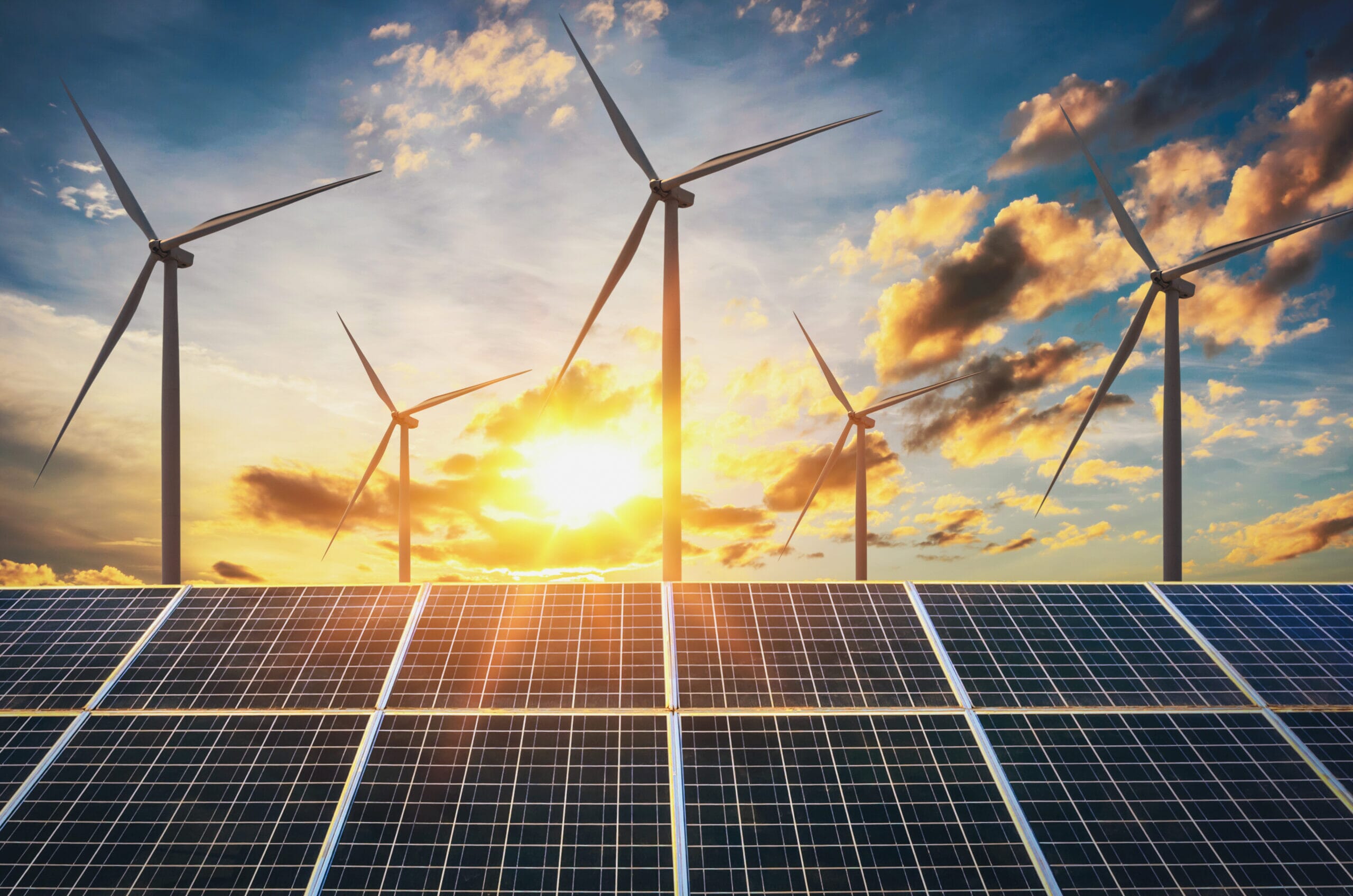
The UK’s greener grid and the eventual decline of gas boilers
Regulatory Updates
The UK’s greener grid and the eventual decline of gas boilers

The UK’s greener grid and the eventual decline of gas boilers
The sun may have been shining brightly in the April sky, but a cold wind meant it wasn’t the best weather for an Easter weekend barbecue. Nevertheless the bright, breezy conditions were ideal for making the UK’s electricity supply the greenest it had ever been.
On Easter Monday 2021, it was reported that 60% of our electricity came from either solar or wind, with biomass and nuclear making up most of the rest.
This isn’t just a fact that excites green lobbyists and statisticians in equal measure; it also demonstrates why the Government is so keen to promote heat pumps for new developments as part of Boris Johnson’s ten point plan for a ‘green industrial revolution’.
As recently as 2015, electricity was considered a carbon-intensive fuel. Most of the power was generated by burning coal which was a significant contributor to the UK’s overall carbon emissions.
This is why current building regulations (which were last updated in 2013) are designed to encourage the use of gas boilers in our homes – the less reliance on coal-fuelled electricity the better.
But now, the UK has just three, part-time, coal power stations running, and all will be decommissioned by 2025. The electricity these giants once supplied is now being met with solar and wind farms.
And this is why the incoming building regulations (2022) will encourage a move away from gas boilers to electric-fed systems such as heat pumps. Gas is now seen as a carbon-intensive option.
But the environmental benefit of using electric heating doesn’t stop once a house is built. It won’t be long before the UK’s energy grid achieves a completely zero-carbon day. When that happens, every house in the country with electric heating will also have a zero-carbon day without the homeowners even knowing it.
That can’t be said for homes which rely on gas and oil. While we celebrate in the decarbonisation of electricity, the emissions caused by fossil fuels doesn’t improve.
Researchers are working on concepts to swap fossil fuel for hydrogen, but it’s not a simple switchover and will take many years before a rollout can begin. Homes will require hydrogen-ready boilers, towns will need improved pipework and new hydrogen power stations will need to be built across the nation.
So while we wait for the days of hydrogen heating to become mainstream, electricity will rule the roost.
The Government is keen on promoting heat pumps in particular as they are far more efficient than panel or storage heaters, which means lower energy use and lower fuel bills.
If you’re interested to find out more about heat pumps, keep an eye on Energist’s upcoming webinars. We’ll be joined by heat pump manufacturers who’ll be able to answer any questions you have.






